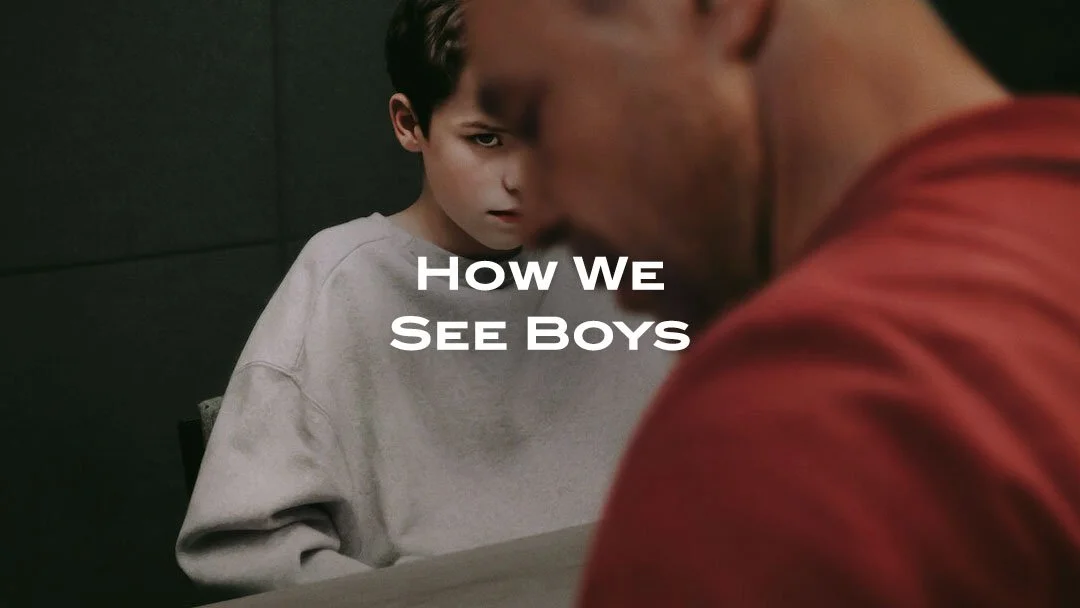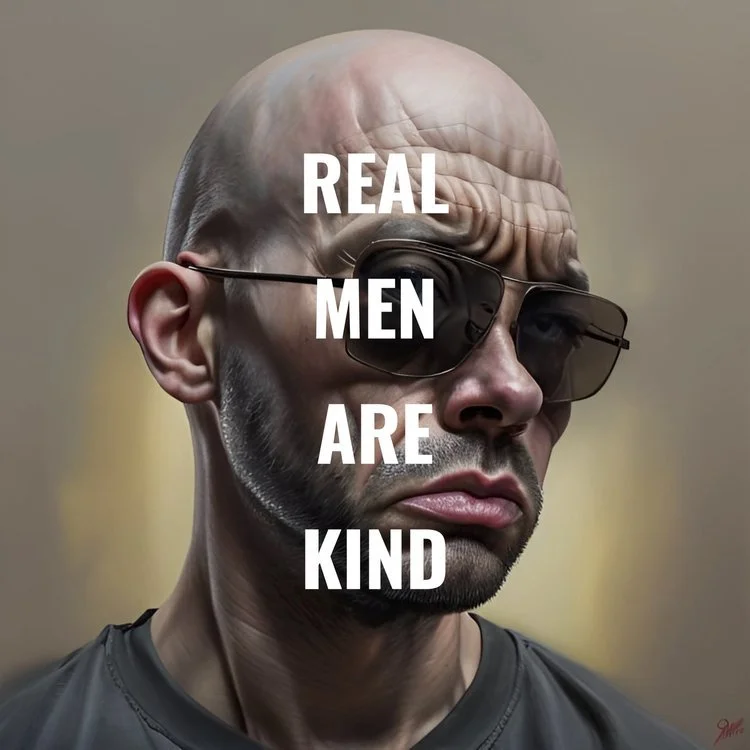While Adolescence is telling a devastating story, it is also telling a limited one. We see adults acting professionally and adults falling apart, but this show doesn’t show us what curious and compassionate adults look like in the face of boys’ pain and harm. We see angry boys and hurt boys, boys carrying fear and boys bluffing with bravado, but we don’t see the thoughtful, clear-eyed and gentle masculinity that is already being championed by boys who will become the next generation of men.
Read MoreWhen they come through the other side, they inevitably become something more than they were before. They have a new sense of capability. New stories. New relationships and responsibilities, and a new sense of themselves as boys becoming men.
Read MoreThe premise of Breaking the Boy Code has always been that boys’ voices are worth listening to—even when it’s not easy or convenient. Their lives and their stories matter. These boys matter. So without further ado, I’m honoured to introduce the voices of season four.
Read MoreThe research that has defined Next Gen Men’s work for a decade tells us that the single most important factor for resilience is having at least one close, confiding relationship in which one feels truly known, accepted and valued. That’s how you overcome challenge.
Read MoreAs part of our ongoing mission to support boys’ well-being, my colleagues and I decided to take on a research project designed to better understand their feelings, stresses and needs. What we uncovered was a surprising distance between their beliefs and attitudes about toxic and positive masculinity, and their lived experiences—particularly online.
Read MoreIt’s not for no reason that we dedicate ourselves to the next generation of men—and we don’t take the educators in their lives for granted. You are their champions, their stewards and their witness.
For every time I’m invited to be part of a professional development opportunity, for every time that Next Gen Men’s resources are downloaded and used in schools, and for each and every thing that you, who are reading this, do to engage boys in the movement for gender justice, thank you.
Read MoreWe do young people a disservice by operating under the assumption that a list of warning signs or an affirmative acronym will be enough to help them effectively communicate within healthy relationships. Instead, we need to engage boys in open and honest conversation about what is difficult, challenging or confusing for them with regard to consent—beyond just stop signs.
Read MoreFrom Taylor Swift to the Rocky Mountains, amidst wind-whispered stories and cold-night sleeping bags, we’re shaping the lives of boys becoming men. As they’re held in meaningful relationships and supported to overcome real challenges, a generation of compassionate, resilient and courageous young men is taking shape.
Read MoreWhat came to the fore in Columbine in 1999 has become a pattern of violence that stems from the disconnection, aggrieved entitlement and rage rebellion of vulnerable boys and young men. To change that, we need to look with our eyes wide open at the ways young people navigate the violent tenets of masculinity, and we need to empower boys themselves to become leaders of the change we so desperately need.
Read MoreIt comes back to parents, the primary protection for growing boys and their closest model for what it means to be authentically connected to others. It lives within schools, where boys learn the script for manhood and navigate their resistance to it. And more than anywhere else, it unfolds in the inner lives of boys: in the unseen depth of their friendships and shared secrets, in the quiet breathing as they fall asleep, in their ability to say the words that are too often left unsaid.
Read MoreNow more than ever, we need to view the next generation of men with hope—not as problems to be fixed, or just as allies for girls and women, but as fellow stakeholders in the movement for gender justice.
Read MoreOver the span of several months, we took four highlights from the card deck and worked with an artist to turn them into streetwear-style apparel. Like my white swoop-emblazoned Nikes, we hope that these t-shirts catch the attention of the teenage boys in your life, and we hope that they foster an opportunity for deeper conversation.
Read More











